For centuries, tattoos have been a form of cultural expression in Africa. While some body tattoos symbolize rites of passage or tribal affiliations, others aim to enhance feminine beauty. Among these ancestral practices, the lip tattoo of Fulani women stands out for its unique, symbolic, and deeply aesthetic nature. This tattoo, called tunpungalle, is both an emblem of beauty and an identity marker, particularly prized by the Fulani women of West Africa.
The Fulani: a nomadic people with a rich culture

The Fulani, also known as Fula, are a widespread people across West Africa and the Sahel. Mostly nomadic, they move across borders in countries like Senegal, Mali, Niger, Cameroon, and Nigeria. Their culture is rich with ancient traditions, in which physical appearance plays a central role.
In West Africa, the Fulani are often described as having lighter skin than their neighbors. This complexion is often seen as a symbol of beauty, attracting attention and, at times, perpetuating stereotypes. In many local cultures, women with lighter skin, particularly the Fulani, are viewed as both mysterious and alluring. Over the centuries, they have been associated with qualities that are both attractive and dangerous, reflecting the paradoxical power their appearance holds in the collective imagination.
The mystery of lighter skin
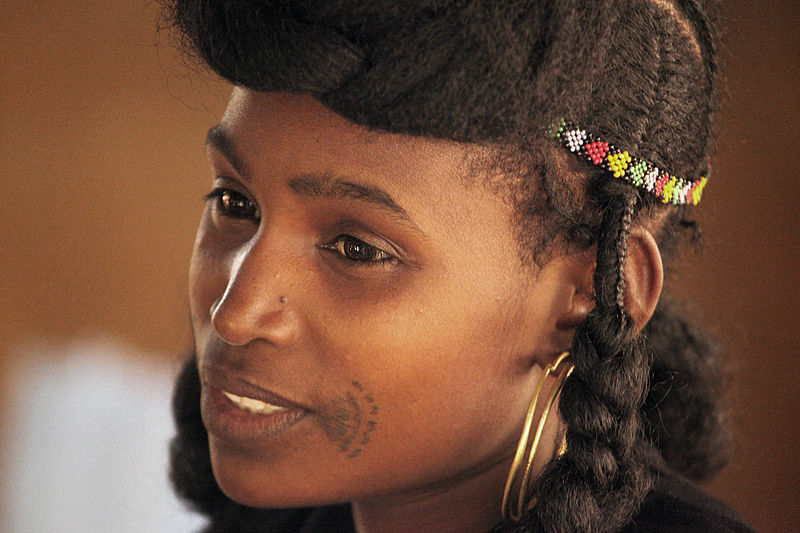
In several African societies, lighter skin is perceived as a beauty standard, but also sometimes as a sign of danger or mystery. This can be explained by the symbolic association between reddish skin tones, often attributed to these women, and danger or attraction in many cultures. Furthermore, this association is reinforced by a universal trend in different societies, where femininity is often linked to lighter skin tones.
Among the Fulani, this perception is amplified by beliefs attributing mystical abilities to Fulani women, especially in matters of black magic. These women, although considered particularly attractive for their complexion and grace, are sometimes feared for their supposed mastery of supernatural forces.
The lip tattoo or Tunpungalle
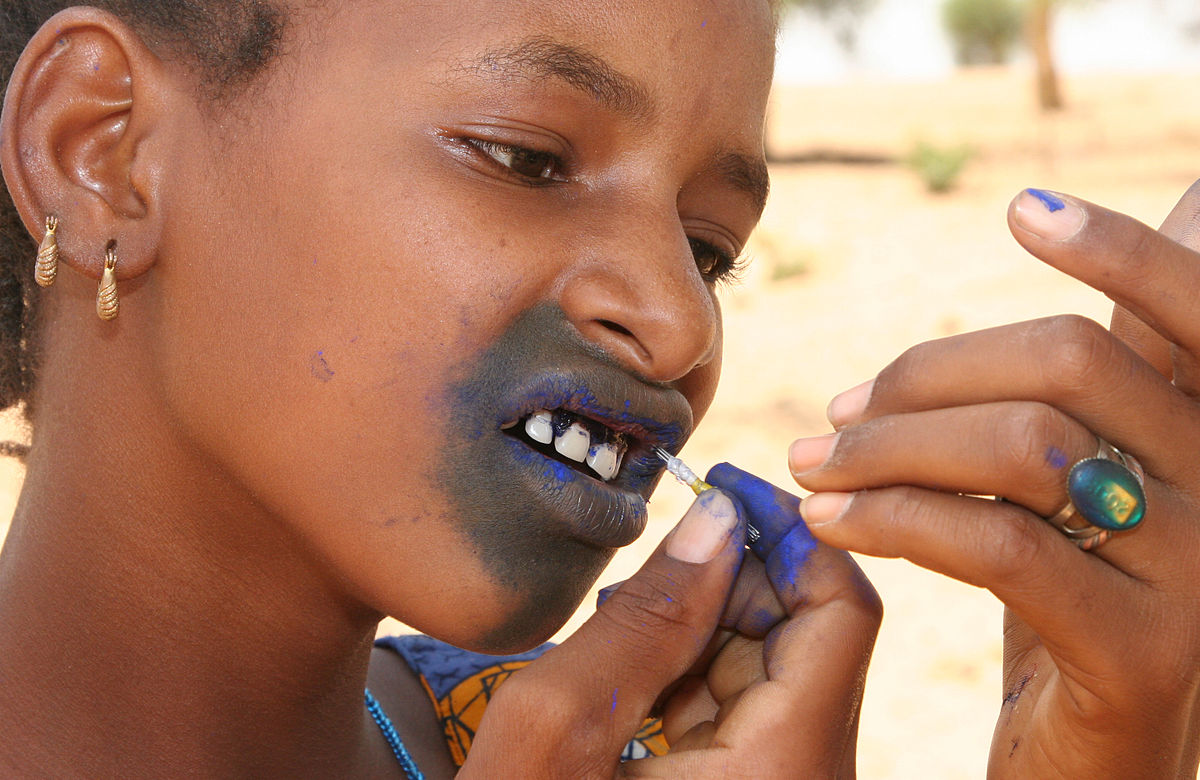
To enhance this natural beauty, Fulani women use various types of cosmetics and ornamental practices. Among these, temporary hand and foot tattoos, often inspired by Arab-Berber culture, are widely practiced. However, one of the most distinctive practices of Fulani culture is the permanent tattoo around the mouth, called tunpungalle.
This permanent tattoo, usually black, creates a striking contrast with the reddish skin and white teeth, accentuating the beauty of the smile. The tunpungalle is both a style statement and an ancestral tradition. The technique involves marking the skin around the lips, often on a delicate area, with dark ink or pigment. This process, though painful, is seen as a rite of passage into adult and mature beauty.
Meaning and aesthetics

The choice to tattoo the mouth is no coincidence. In Fulani culture, the mouth is a symbol of femininity and sensuality. The tunpungalle highlights and accentuates this part of the face, drawing attention to the mouth and teeth when smiling. This tattoo emphasizes a strong aesthetic contrast between three colors: the black of the tattoo, the natural red of the skin, and the brilliant white of the teeth.
Beyond its aesthetic appeal, the tunpungalle also symbolizes a certain social status and a connection to Fulani culture. It is a distinctive sign that identifies Fulani women among other neighboring ethnic groups. The tunpungalle is thus a mark of cultural pride, passed down from generation to generation.
An ancient tradition in transition
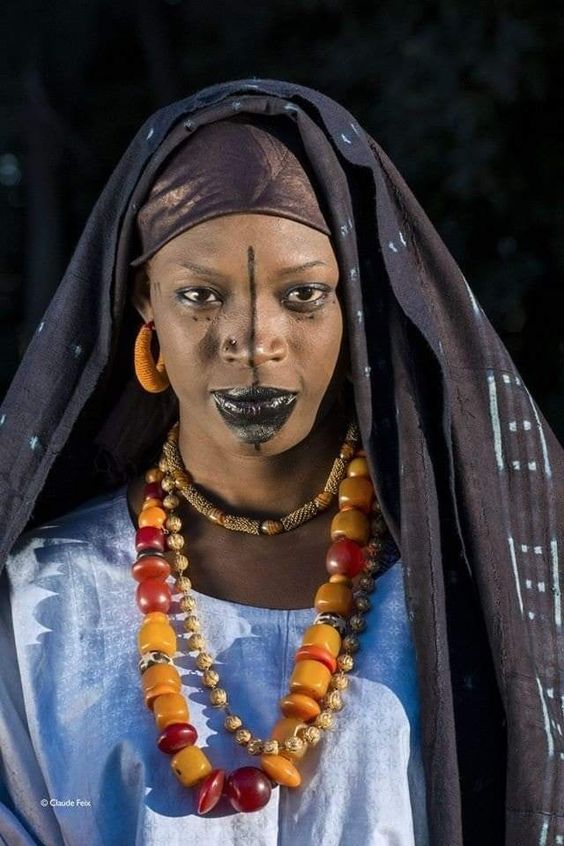
Beyond its aesthetic role, the tunpungalle reflects the deep cultural roots of the Fulani. It is a practice that dates back centuries and, despite external influences, continues to be practiced by some women today. However, in the modern era, with growing access to new beauty forms and the influence of global trends, the practice of lip tattooing is in decline. Many young Fulani women, especially those living in urban areas, now prefer more temporary forms of beautification, such as makeup or henna tattoos.
Temporary tattoos and other cosmetic practices
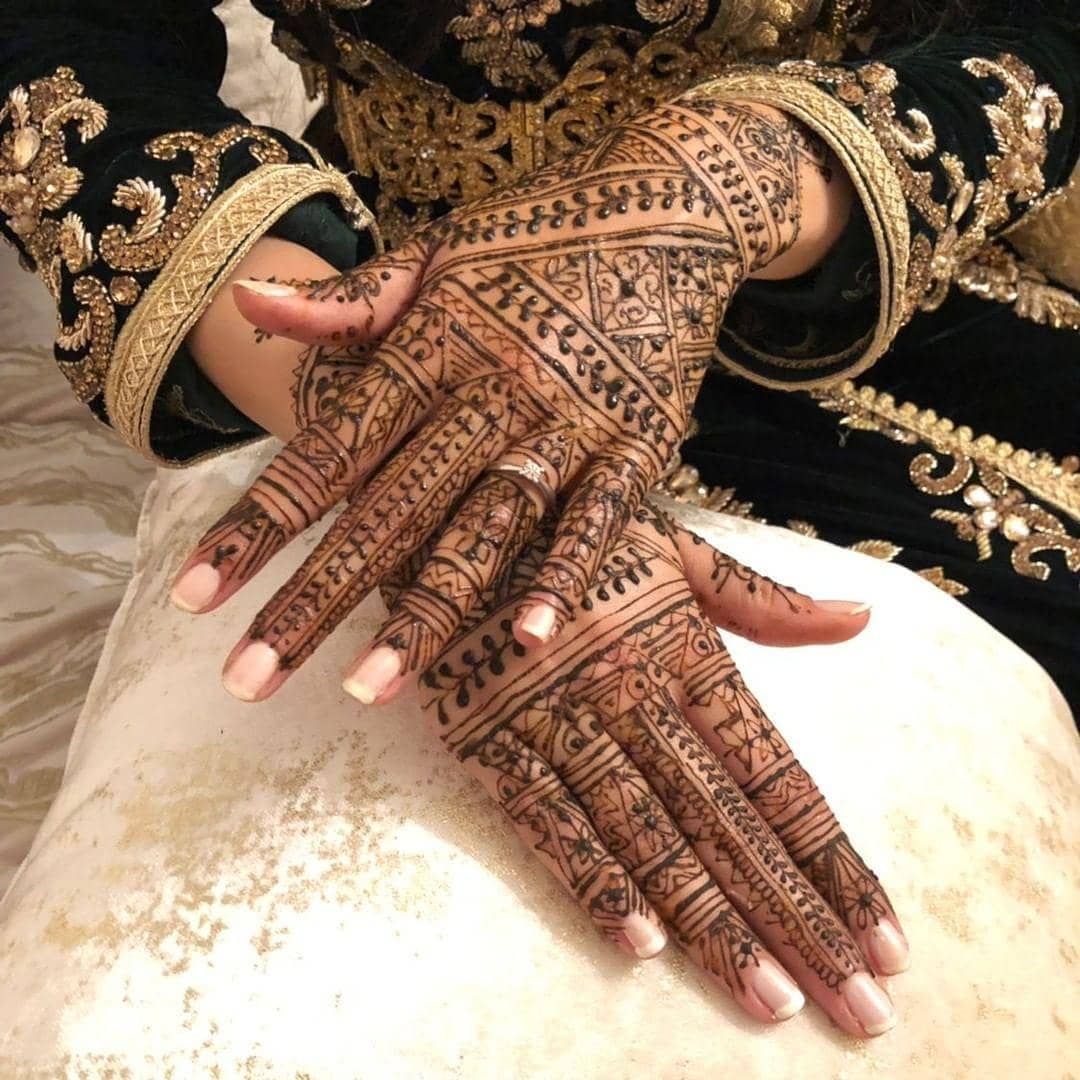
In addition to the tunpungalle, Fulani women commonly practice temporary hand and foot tattoos, a tradition inherited from Arab-Berber cultures, particularly in Saharan regions. Henna is often used for these temporary tattoos, especially during ceremonies and special occasions like weddings. These ephemeral designs are just as important in affirming feminine beauty and celebrating key moments in social life.
Fulani tattoos: between aesthetics and cultural heritage
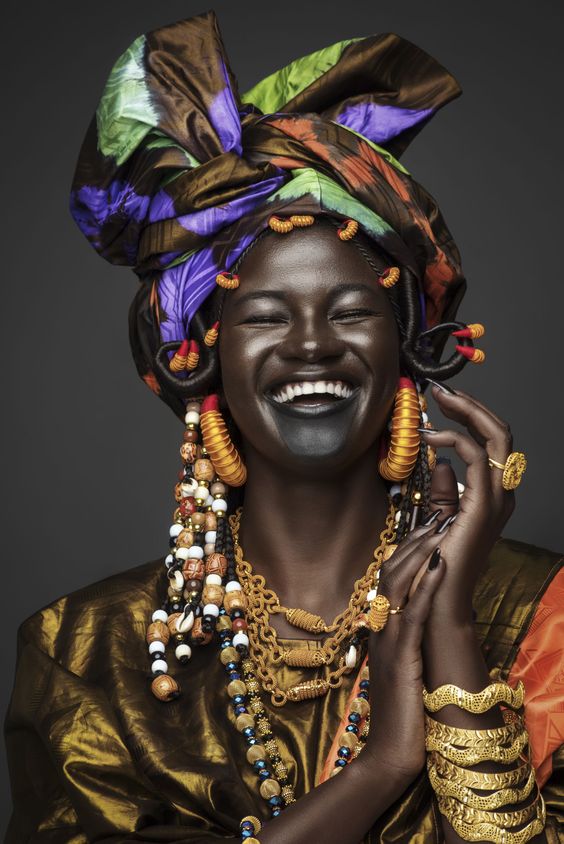
The lip tattoo of Fulani women, or tunpungalle, remains a strong symbol of Fulani cultural identity. By highlighting the natural beauty of women, it reflects a tradition deeply rooted in the history of this people. More than just an ornament, this tattoo carries symbolism linked to femininity, sensuality, and ethnic pride.
However, like many traditions, this practice faces the challenges of modernity and globalization. While some women continue to uphold this traditional art, others opt for more contemporary forms of aesthetic expression. But whether temporary or permanent, whether it’s the tunpungalle or henna, tattoos remain an indelible mark of Fulani cultural heritage, embodying the beauty, tradition, and identity of this nomadic people of West Africa.
References
- Gourlay, Claude. « Femme Peule du Sénégal. » Photographie, Nofi.media, 2023.
- Reus, Ferdinand. « Tunpungalle Pratiqué par une Jeune Malienne. » Photographie, nofi.fr.
- Alidamarie / Flickr. « Tatouages de Mains de Femmes Peules, Cameroun.«
